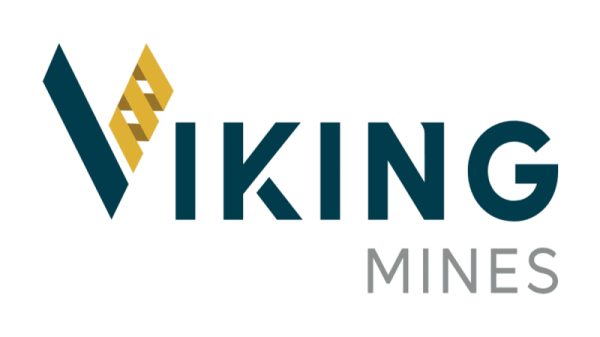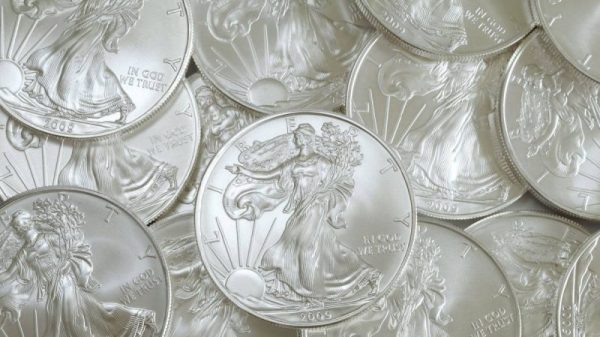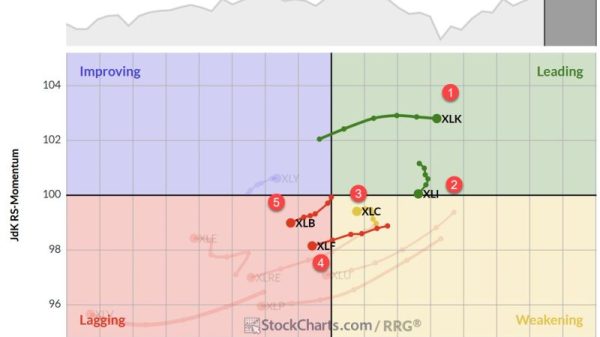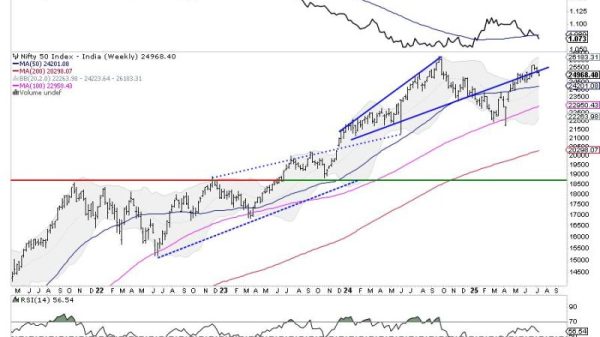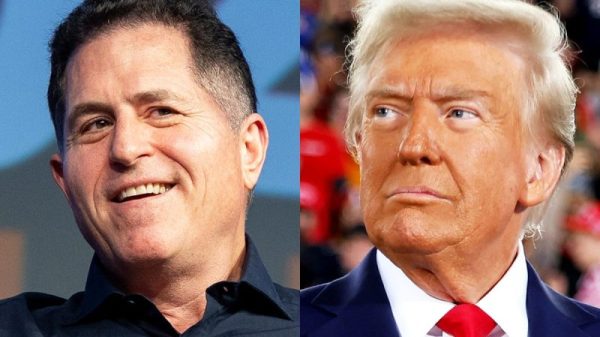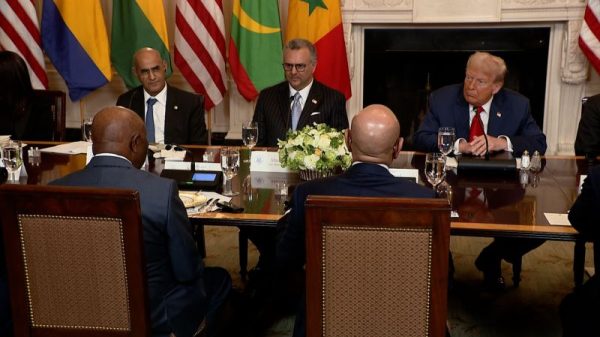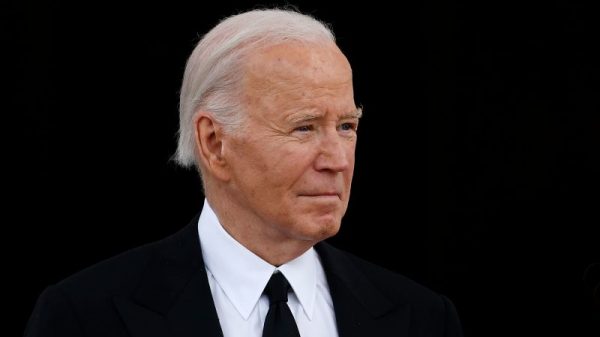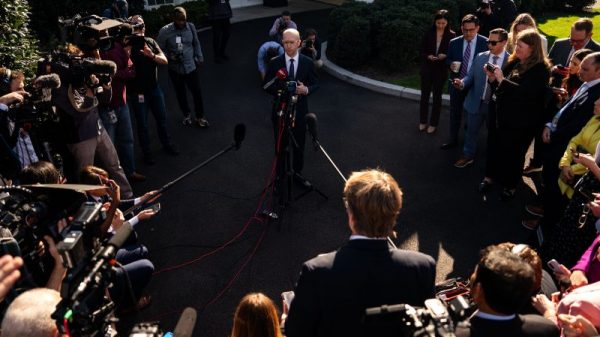On delivery day at the Manganese Metal Company’s industrial complex in Mbombela, South Africa, truckloads of manganese ore from the Kalahari Basin in the Northern Cape are ushered inside for processing.
Manganese is commonly found in the Earth’s crust. The mineral is not only known for its nutritional benefits, but it’s critical in the production of steel and batteries.
South Africa has the world’s largest manganese reserves; however, the International Manganese Institute estimates only 2% of the manganese ore produced within the country is locally processed. The Manganese Metal Company is looking to fill this gap.
The refinery says it receives about 80,000 metric tons of manganese a year to produce high grade electrolytic manganese metal (EMM) – one of the critical alloy components to make steel.
The company’s CEO, Louis Nel, says over the last decade it has seen a “significant” increase in demand for refined manganese in part due to the growing demand for lithium-ion batteries used in electric vehicles (EV).
“With the growth in EV sales globally, that requires raw materials and batteries. Manganese is a key component in those batteries. So of course, with the uptick in EVs, the raw materials are pulled along,” Nel said.
Production challenges
Most manganese by-products are found within the steel industry. Aloys d’Harambure, the executive director of the International Manganese Institute, says only 2% of manganese is used for batteries, with only 1% of that going toward rechargeable batteries.
The International Energy Agency (IEA) found the demand for automotive lithium-ion batteries increased 65% in 2022 due to rising EV sales. And while there are several ways to create lithium-ion batteries, the chemistry combination of lithium, nickel, manganese, and cobalt oxide (NMC) supplied 60% of the market share, according to the IEA.
Compared to other minerals used to make lithium-ion batteries, Nel says manganese, “provides some thermal stability to the battery, which is a safety concern” and is more affordable.
While the opportunity sounds promising, creating these batteries is no easy feat. “A battery consumes manganese in the form of chemical and that’s where the bottleneck is,” d’Harambure said.
He explains manufacturers need to use a high purity manganese sulfate to make the type of battery used in EVs. About 90% of these chemicals are processed in China, he adds, but notes there is a growing push to build chemical processing facilities in other parts of the world.
“Next year we should see some production in South Africa and in Mexico, and progressively in the US and Australia,” he said.
With an abundance of manganese reserves, South Africa has potential to become a leader in high purity manganese sulfate production, but d’Harambure says “issues with the electricity sector in South Africa” and “an increase in electricity prices” have made it difficult to produce manganese chemicals and alloys there.
D’Harambure adds the country has been slow to open manganese chemical processing facilities due to the lack of local customers that would use the product.
“It’s better to build the manganese chemical facility near the customer because transporting manganese to another country is not extremely expensive – what is expensive is producing the chemical,” he said.
Green potential
These obstacles are not stopping the Manganese Metal Company from trying to capitalize on the EV boom and expand its processing facilities. The company says it is planning to build a $25 million commercial plant that can produce 5,000 metric tons of battery-grade manganese sulphate a year. Nel says he’s optimistic it can complete the build within 18 months and bring products to market by the end of 2026.
Access to this “strategic” metal valued by the US and Europe gives Africa advantages, Nel says, adding it will also generate “huge job creation opportunities, as well as economic growth.”
Several sectors within the local economy are already reaping the benefits of manganese. According to the International Manganese Institute, the manganese mining industry employed more than 20,000 South Africans in 2022.
D’Harambure also points to a need beyond steel and batteries for the green economy.
“Manganese is essential to producing several other green power technologies including solar panels (and) wind turbines. It’s also used to treat wastewater and extract pollutants from soil and air,” he said. “So, the whole push towards greener energy directly benefits to manganese industry.”




